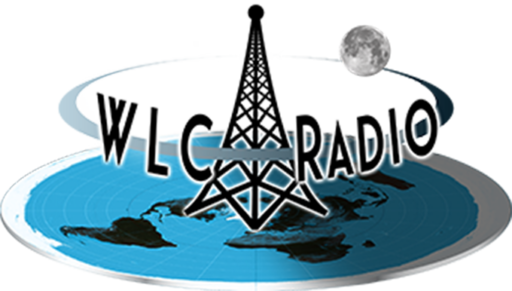Objection: The KJV is actually biased towards the Luni-solar calendar, since it follows traditional Jewish interpretation by translating chodesh as new moon. The word really just means the first of the month.
Rebuttal: Absolutely! Chodesh does indeed refer to the first of the month. But the reason why the word “month” is linked to the word for “new moon” is because the month started with the new moon. The New Strong’s Expanded Dictionary of Bible Words states:
Chodesh means “new moon; month.” . . . Chodesh can refer to a “month,” or the period from one new moon to another. The sense of a measure of time during which something happens . . . In a related nuance the word refers not so much to a measure of time as to a period of time, or a calendar month. (Chodesh, #2320.)
The very word “month” comes from the word “moon.” The America Indians referred to the passage of time as “many moons.” Because each new month started with the new moon, the term came to be used for both. Therefore, a translation of “new moon” is accurate and in keeping with the original intent of the Hebrew.


Comments